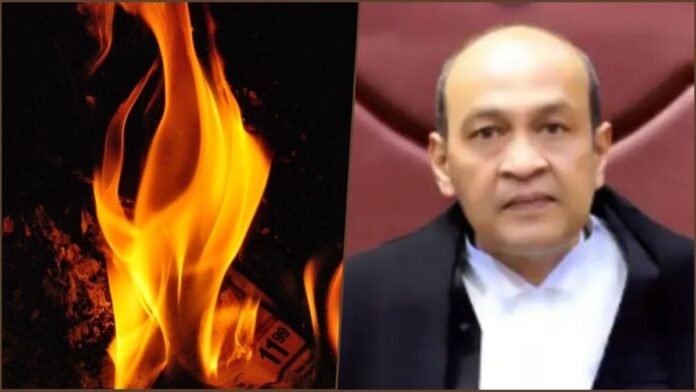
Key Points
- Lok Sabha will spearhead impeachment proceedings against Justice Yashwant Verma amid serious corruption allegations.
- Opposition-sponsored impeachment notice in Rajya Sabha was rejected due to errors; government and opposition now back a joint Lok Sabha proposal.
- Over 150 MPs from both ruling and opposition parties have signed the Lok Sabha removal motion.
- A three-member statutory inquiry committee will be set up to investigate the charges against Justice Verma.
- The process follows the discovery of large amounts of cash at Justice Verma’s residence and intense political debate.
New Delhi: Parliament is set for a historic session, as the Lok Sabha prepares to initiate impeachment proceedings against Allahabad High Court judge Justice Yashwant Verma, who is under scrutiny for alleged corruption. The move comes after police discovered bundles of burnt cash at his official residence in Delhi in March, sparking a wave of controversy and internal judicial probes.
Rajya Sabha Notice Rejected, Lok Sabha to Lead Action
While the Opposition had earlier submitted an impeachment notice in the Rajya Sabha accepted by then-Chairman Jagdeep Dhankhar and later sent for examination the notice was found to have multiple procedural and legal flaws and was never formally tabled or admitted. The flawed notice’s rejection put an end to speculation over the 63 signatures it carried from opposition MPs.
Consensus for Bipartisan Action in Lok Sabha
In a rare show of unity, all major parties have now agreed to move forward together in the Lok Sabha. Parliamentary Affairs Minister Kiren Rijiju announced that over 150 MPs, from both the ruling National Democratic Alliance and the opposition, have backed the impeachment motion. Lok Sabha Speaker Om Birla is set to form a three-member statutory inquiry committee, expected to comprise a Supreme Court judge, a High Court judge, and a senior jurist.
Inquiry Panel and Impeachment Roadmap
The panel will investigate the allegations, review any evidence including official reports from an earlier in-house judicial inquiry and submit its findings to Parliament. If the committee finds the charges credible, both Houses must pass the motion by at least a two-thirds majority for the judge to be removed. According to established procedure, following Lok Sabha deliberations and recommendations, the Rajya Sabha will also consider the proposal for final action as per the Judges (Inquiry) Act.
Political Background and Resignations
The uproar around the case intensified after Jagdeep Dhankhar, as Rajya Sabha Chairman, accepted the initial opposition notice reportedly upstaging the government’s own Lok Sabha plan before resigning suddenly that evening. Officially, Dhankhar cited health reasons, but the move fueled intense political debate over the handling of judicial corruption.
What Happens Next?
- Lok Sabha Speaker to announce the inquiry committee imminently.
- Panel to investigate and report within a statutory period.
- Parliamentary vote to follow if committee finds cause for removal.
- Justice Verma has denied the allegations and called the findings a “conspiracy,” with the Supreme Court also set to hear aspects of the probe soon.
The impeachment is being positioned as a bipartisan, anti-corruption milestone, with MPs from across party lines signaling a no-tolerance stance for judicial misconduct. The coming weeks will see if the rare unity survives political crosscurrents as Parliament handles this landmark case.




















































